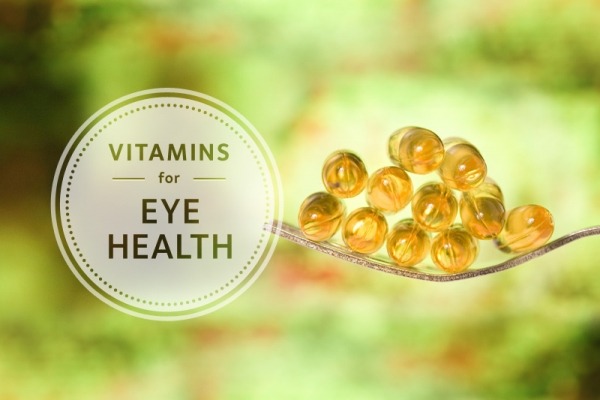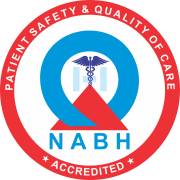Vitamins for Eye Health
If you’re wondering how to enhance your eye health, try to make some modifications to your diet. This blog will guide you through some of the vitamins for maintaining eye health.
Your eyes are complex organs that require a wide variety of vitamins and minerals to function properly. Our body, including our eyes, is powered by the food we eat. A nutrient-rich diet may help protect against or slow the development of some eye conditions, especially those that appear later in life like age-related macular degeneration and cataracts.

Vitamin A
Vitamin A is essential for good vision. It is a precursor of rhodopsin, a protein in the eye that allows one to see in low-light conditions.
A deficiency of vitamin A is rare, but if left untreated, it can lead to a serious condition called xerophthalmia. Xerophthalmia is a progressive eye disease caused by a vitamin A deficiency that develops into night blindness or more serious damage to your cornea, the outer layer of your eye. If vitamin A deficiency persists, the tear ducts and eyes may become dry. The cornea eventually softens, resulting in irreversible blindness. Vitamin A also boosts the immune system, helping to soothe eye inflammation and decreasing our chance of developing eye infections. For general eye health, vitamin-A-rich foods are essential which include sweet potatoes, carrots, peaches, papaya, leafy green vegetables, apricots, pumpkins, bell peppers, etc.
Vitamin E
Vitamin E is a potent antioxidant that helps protect the eyes against damaging free radicals. It is recommended to consume adequate vitamin E in your diet to maintain good eye health. Some vitamin E-rich options include nuts, seeds, cooking oil, salmon, avocado, leafy green vegetables, etc.
Vitamin C
Vitamin C is required to make collagen, a protein that provides structure to your eye, particularly in the cornea and sclera. According to many observational studies, Vitamin C may help reduce your chance of developing cataracts, a condition that causes your eye to become cloudy.
Citrus and tropical fruits, such as oranges, kiwis, lemons, grapefruit, peppers, strawberries, blackberries, broccoli, brussels sprouts, and potatoes, are great options to boost your daily intake.
Omega-3 Fatty Acids
Omega-3 fatty acids are a type of polyunsaturated fat that helps to prevent many eye diseases. Omega-3 fatty acids can also help prevent and treat dry eye syndrome, a common eye condition where your eyes don’t produce enough tears. Redness, burning, and itching are some signs of dry eye.
Omega-3 fatty acids have anti-inflammatory properties, which may play an important role in the prevention of diabetic retinopathy. According to studies, eating meals high in omega-3 fatty acids or taking supplements may help lower your risk of glaucoma and macular degeneration.
Include foods rich in omega-3 fatty acids, such as fish, flaxseed, chia seeds, soy, and almonds, in your diet. Cooking oils like canola and olive oil also contain omega-3 fatty acids.
Lutein and Zeaxanthin
Lutein and zeaxanthin are among the beneficial compounds produced by plants known as the carotenoid family. Both of these carotenoids can be found in the macula and retina of your eyes, where they help filter potentially harmful blue light, protecting your eyes from damage.
Several studies suggest that these plant compounds may prevent cataracts or slow down the progression of AMD (age-related macular degeneration). Cooked spinach, kale, and collard greens are particularly high in these carotenoids.
These are some of the most important vitamins and nutrients essential for maintaining good eye health. Some may even help prevent certain eye diseases from developing or progressing. A healthy, balanced diet can help promote good eye health and protect a person’s vision. Make sure that you get your routine eye checkups at regular intervals to foresee any eye problems beforehand and protect your eyes.
Combining exceptional knowledge and experience with the latest in ophthalmic technology, Shekar Eye Hospital, located at Jayanagar, provides complete eye care across multiple specialities serving as the best eye care hospital in Bangalore.
Related Topics:








